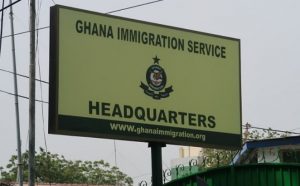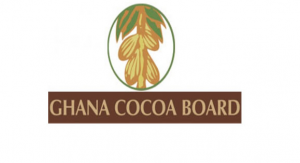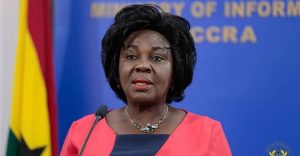Chairman of the Economic Community of West African States (ECOWAS) President Nana Akufo-Addo has called for the rapid establishment of a payment and settlement system for the ECOWAS region.
He made the call during the opening ceremony of the 58th Ordinary Session of the ECOWAS Authority of Heads of State and Government, which was held virtually over the weekend.
The failed launch of the ECO as a currency for countries in West Africa in July 2020, is the fifth attempt in about two decades.
In an address to his fellow heads of state as part of the 58th Ordinary Session of the ECOWAS Authority of Heads of State and Government, President Akufo-Addo, said challenges with meeting the requirements of the convergence criteria for the adoption of the ECO, should not hold them back, but rather work must be fast-tracked towards the setting up of a payment and settlement system which will aid in boosting trade in the sub-region.“On the critical issue of the single currency for the community, we’ve agreed on a revised convergence policy. I’m of the view that the difficulties involved in meeting the convergence criteria should not stand in way of the rapid establishment of a payment and settlement system in ECOWAS which will enable a rapid expansion of trade and investment in the region.”
President Akufo-Addo also reiterated the important role the AfCFTA has come to play in strengthening regional integration.
“The entrance into force of the AfCFTA which began trading on the 1st of January, presents us with an additional opportunity to meet our objectives.”
Delayed adoption of the ECO
Since the concept of the ECO as a currency for countries in West Africa arose in 2003, the target launch date for the currency has been postponed several times: in 2005, 2010, 2014 and 2020. This time there’s no new date and instead, discussions are being held on a new roadmap.
Main stumbling blocks for the adoption of the ECO as a currency have been mainly economic with member states being unable to meet the convergence criteria for launching the single currency. These include inflation, debt-to-GDP ratio, budget deficits and their financing, reserves and exchange rate stability.







